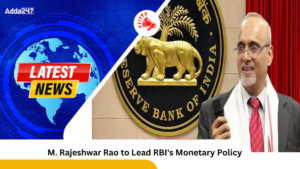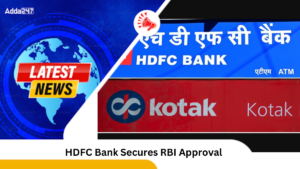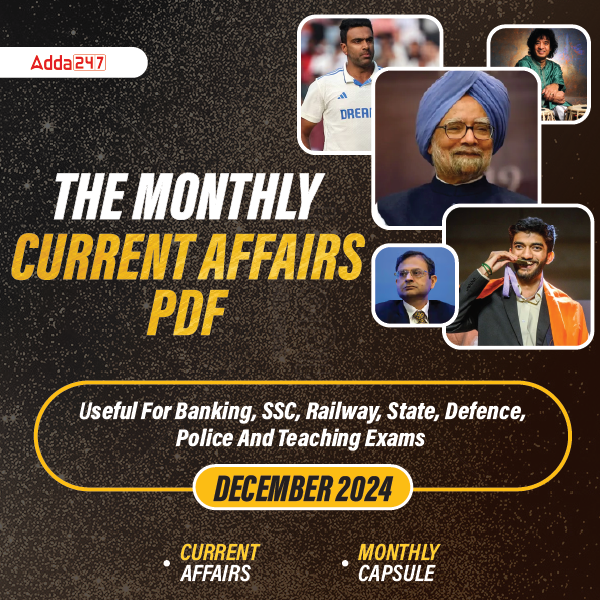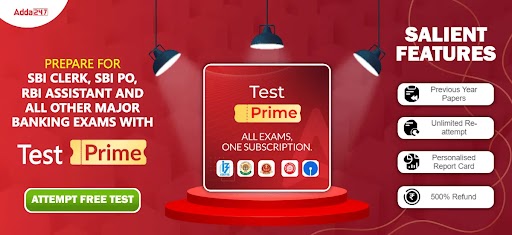The Reserve Bank of India (RBI) has unveiled a draft framework for the establishment and recognition of self-regulatory organizations (SROs) in the fintech sector. The draft rules aim to strike a balance between fostering innovation within the industry and ensuring regulatory priorities are met for consumer protection and risk containment.
Characteristics of Self-Regulatory Organisation for Fintechs (SRO-FT)
1. Representative Membership
-
- Membership should be voluntary and comprise FinTechs to ensure broad industry representation.
- The SRO-FT must be acknowledged as the primary body for setting market standards and defining rules of conduct.
2. Development-oriented
-
- Actively contribute to industry growth by providing expertise, guidance, and capacity-building programs.
- Prescribe minimum eligibility criteria for members to enhance industry standards.
3. Independence and Impartiality
-
- Operate independently to ensure unbiased decision-making.
- Avoid conflicts of interest and maintain impartiality in oversight to prevent influence by any dominant member or group.
4. Dispute Resolution
-
- Establish a transparent and fair dispute resolution mechanism to be perceived as a legitimate arbiter.
- Instill confidence in the industry through credible conflict resolution.
5. Proactive Engagement
-
- Motivate members to align with regulatory priorities.
- Facilitate communication between industry players and regulatory bodies for necessary changes and compliance culture promotion.
6. Information Repository
-
- Collect, analyze, and disseminate relevant data about members’ activities.
General Requirements
I. Submission Process: Interested parties seeking recognition as a self-regulatory organization in financial markets must submit their application either via email or directly to the Chief General Manager, Financial Markets Regulation Department, RBI, Central Office, 9th Floor, Shahid Bhagat Singh Marg, Mumbai – 400 001.
II. Eligibility Criteria: To ensure that a self-regulatory organization (SRO) fulfills its objectives and responsibilities effectively, certain eligibility criteria must be met:
A. Non-Profit Status: The applicant must be established as a non-profit company under Section 8 of the Companies Act, 2013. The applicant should have a minimum net worth of ₹10 crore and should possess or have the capability to develop infrastructure to consistently fulfill its SRO responsibilities.
B. Voluntary Membership: The membership of the SRO must be on a voluntary basis.
C. Diverse Membership: The applicant must represent the sector or market comprehensively, with a diverse mix of members from various types and sizes of entities. If the representation is insufficient at the time of application, a roadmap, not exceeding two years, should be provided to achieve adequate representation within a reasonable timeframe.
D. Directors’ Qualifications: The applicant and its directors must demonstrate professional competence and a reputation for fairness and integrity, as determined by the Reserve Bank. Neither the applicant nor its directors should have any past convictions for offenses, including moral turpitude or economic crimes.
E. Fit and Proper: The applicant must be deemed fit and proper for recognition as an SRO in all respects.
F. Additional Regulator Conditions: The Reserve Bank may impose additional conditions as necessary when granting recognition to ensure that the SRO’s functioning is not detrimental to the public interest.
Membership Criteria
- Represent the FinTech sector with membership across entities of all sizes, stages, and activities.
- Include a roadmap for achieving comprehensive membership within a reasonable timeline.
Functions
- Guide member conduct, ensure adherence to standards and laws, and address grievances.
- Frame a code of conduct, industry benchmarks, and baseline technology standards.
- Develop standardized documents for specific requirements within the FinTech sector.
Governance Standards
- Board of Directors (BoD) and Key Managerial Personnel (KMP) should possess professional competence, fairness, and integrity.
- Follow fit and proper criteria.
- Adhere to guidelines for transparency, accountability, integrity, and fairness.
- Allow RBI to nominate or depute observers on the SRO-FT Board if necessary.
Important Takeaways For All Competitive Exams
1. RBI Drafts Norms for Fintech SROs:
-
- RBI releases draft framework for Fintech Self-Regulatory Organisations (SROs).
- SRO-FT membership to be voluntary and representative of the FinTech sector.
- Focus on balancing innovation, consumer protection, and risk containment.
2. Characteristics of SRO-FT:
-
- Representative membership.
- Development-oriented for industry growth.
- Independence, impartiality, and transparent dispute resolution.
- Proactive engagement with regulatory priorities.
- Information repository for relevant data.
3. General Requirements:
-
- SRO-FT as a not-for-profit company under Section 8 of Companies Act, 2013.
- Demonstrate sufficient net worth and robust IT infrastructure.
- Seek RBI approval for overseas entities/offices.
4. Membership Criteria:
-
- Representation across FinTech entities of all sizes and stages.
- Inadequate representation may lead to denial or revocation.
5. Functions:
-
- Guide member conduct and ensure adherence to standards and laws.
- Frame a code of conduct and industry benchmarks.
- Develop standardized documents for the FinTech sector.
6. Governance Standards:
-
- BoD and KMP with professional competence and integrity.
- Adherence to fit and proper criteria.
- Guidelines for transparency, accountability, integrity, and fairness.
- RBI may nominate observers on the SRO-FT Board.
7. Industry Feedback Needed:
-
- Broader questions on the number of SROs required and their membership.
- Discussion on whether SRO-FT should include only unregulated members or a mix of regulated and unregulated.
- Consensus crucial for effective self-regulation.
8. Feedback from Industry:
-
- Positive response from industry representatives, acknowledging the comprehensive and cooperative approach of the SRO framework.
Important Questions Related to Exams
- What is the primary purpose of the RBI’s draft framework for Fintech Self-Regulatory Organisations (SRO-FT)?
- What characteristics should an SRO-FT possess according to the RBI?
- What are the general requirements proposed for SRO-FTs by the RBI?
- What criteria should an SRO-FT fulfill in terms of membership representation?
- What functions are expected of an SRO-FT as per the draft rules?
- What governance standards are outlined for the Board of Directors (BoD) and Key Managerial Personnel (KMP) of SRO-FTs?
Kindly share your responses in the comment section!!




 M. Rajeshwar Rao to Lead RBI's Monetary ...
M. Rajeshwar Rao to Lead RBI's Monetary ...
 PhonePe, ICICI Lombard Launch Maha Kumbh...
PhonePe, ICICI Lombard Launch Maha Kumbh...
 HDFC Bank Secures RBI Approval to Acquir...
HDFC Bank Secures RBI Approval to Acquir...


